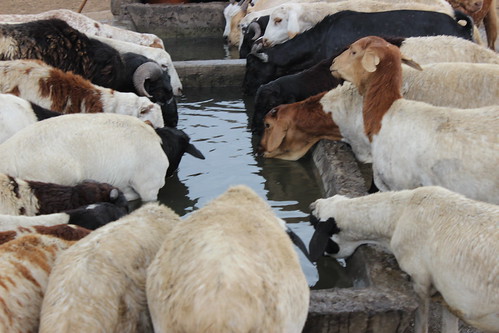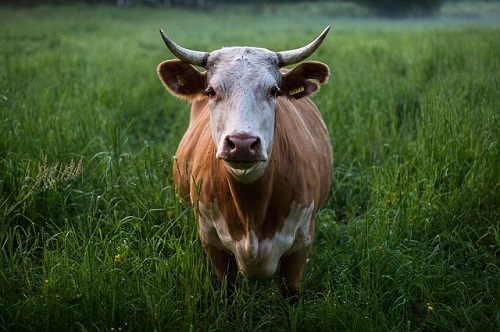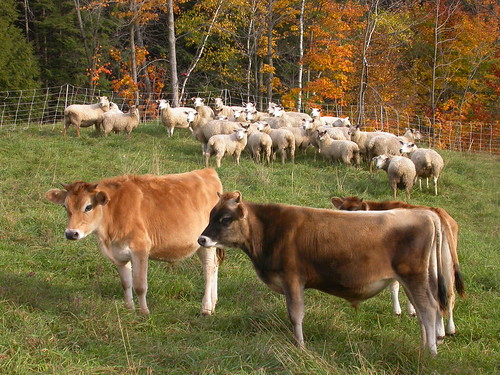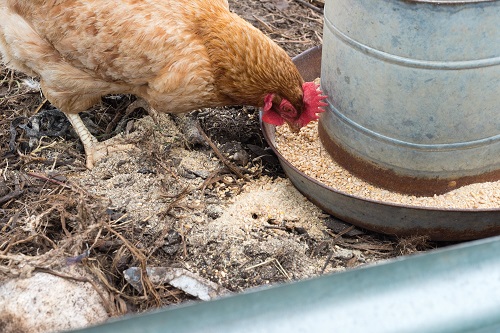Water is important, especially to man and animals. It is the responsibility of a livestock keeper or breeder to provide adequate, clean, and pathogen-free water to the animals. One importance of water to livestock is that it determines the performance of animals. For instance, a laying hen that hasn’t drunk enough water might not lay eggs. This is because water is highly essential in egg formation. Likewise, a dairy cow that hasn’t drunk enough water will produce less milk. This is because water takes the highest part in the constituents of cow milk.
Lack of water for livestock, in addition to being a serious welfare problem, is a very important economic problem. Limiting water consumption lowers the animal’s performance more quickly and drastically than any nutritional deficiency.
Animals need a daily amount of water that is linked to race, age, physiological state, ambient temperature and humidity, wind speed, protein and energy content of the diet and consumption of salts, among others. However, the factors that most modify water consumption are the ambient temperature and the type of feed.
The sources of water for livestock can go from streams, lakes, rivers, puddles, lagoons, springs, and wells, but it must be fresh, clean, non-limiting and easily accessible.
The high ambient temperature increases the water requirements or intake in animals. The increment in water intake can be between 30 and 60% in hot months.
Another factor to consider is the distance to the drinker or water trough. The distance should ensure that animals have access to water at least 3-4 times per day.
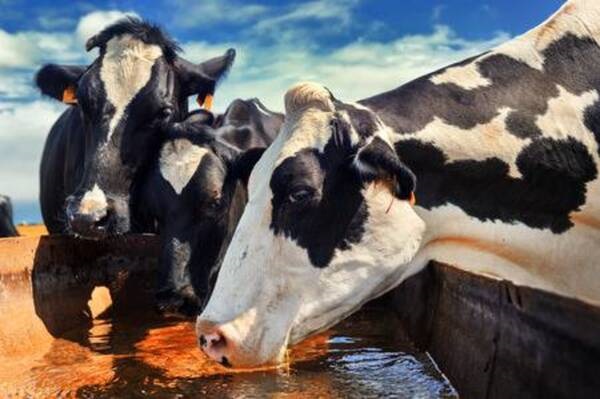
Why is Water Important to Animals?
The importance of water to animals is summarized as follows:
- Water is important in the digestion of food and feeds
- It is used in homeostasis in animals’ body
- It is required for cooling down the body temperature
- It is vital for faecal excretion
- It is required for metabolic reactions in an animal’s body
- It is required in the milk or egg production process
What happens when there is not enough water or it is of poor quality?
- Domestic animals can live very shortly without water and this is evident in their death. However, the limitation in water consumption, its quality (stagnant or contaminated water) or its temperature (greater than 18°C) have little effect on the high productive and economic impact on the producer. When animals increase their heat production, due to thermal stress, it has several mechanisms to dissipate it. One of them is by drinking water to cool off their body. So if there is no water, there is overheating and will die.
- The animal begins to eat less and more slowly; first with a reduction in the potential for daily weight gain and a decrease in egg or milk production. As the days go by, the animals lose weight and become more vulnerable to all kinds of diseases and, if the situation continues, they end up dying. Animals that survive are “sensed” and more likely to acquire a disease or produce less in the next stage or stages of their lives.
- Limiting access to water leads to decreased productive performance.
So as feed, nutrition, and the health of livestock are being taken seriously, water intake should be taken important. When planning to establish a farm, the source of clean water to serve animals on the farm should be highly considered.
In summary, animals needed to be served sufficient and cool water, and it must be free from any forms of contamination. The water must be from a clean and healthy source and must be served with clean water troughs. If animals are starved of water for a very long time, they die and that will be a loss to the farmer. Water must be available for animals at all times, except in situations where there is a need to withdraw water from them.
